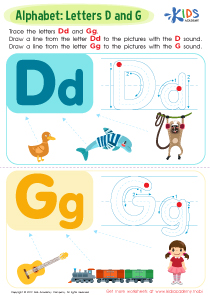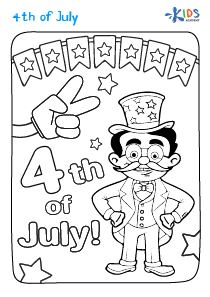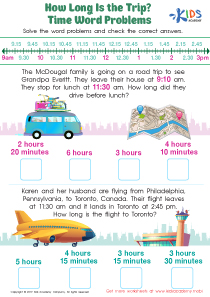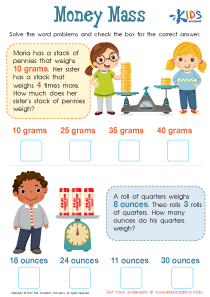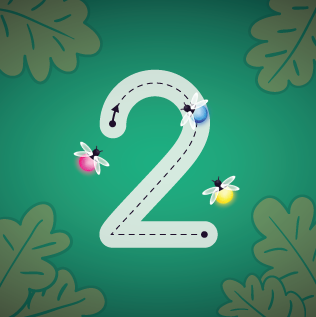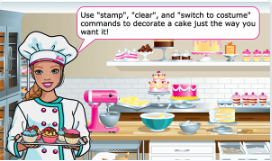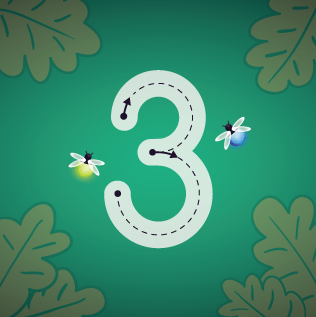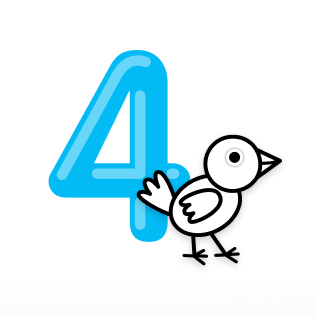Math Lessons | Telling Time, Kindergarten
0 results
Our Telling Time Lessons for Kindergarten are the perfect resource for introducing your little learners to the concept of time. Through a series of interactive worksheets, educational videos, and assessment quizzes, they'll learn the basics of telling both analog and digital time. The lessons are designed to engage young minds, with colorful visuals and fun activities that help them understand the difference between hours, minutes, and seconds, and the importance of telling time in their daily routines. Help your child build a solid foundation in time-telling skills with our comprehensive Telling Time Lessons today!
Telling Time Lessons for children in Kindergarten can provide numerous benefits to their educational growth and development. These lessons consist of interactive worksheets, educational videos, and assessment quizzes designed to help students learn how to tell time on various clocks. Below are some ways Telling Time Lessons can be helpful to kids in their studies:
1. Boosts cognitive development
Telling Time Lessons can be incredibly helpful for a child's cognitive development. The process of learning how to tell time requires children to use their analytical and critical thinking skills to read and analyze the different components of a clock. As they progress with the lessons, they start to pick up on patterns and form a deeper understanding of numerical sequences, which can give them a head start in maths.
2. Improve time management
Learning how to tell time early on in a child's education can help boost their time management skills as they grow older. These lessons can help a child learn how to better plan and manage their day by giving them a visual representation of the time and how long different activities take. This can help them establish a routine and create a healthy balance between their schoolwork, playtime, and other activities that they enjoy.
3. Provides practical life skills
Telling Time Lessons are incredibly beneficial for a child's practical life skills. Knowing how to read a clock and tell time is an essential life skill that they will use for the rest of their lives. From being able to catch a bus to arriving on time for appointments, the ability to tell time can help them manage their lives even outside of the classroom.
4. Enhances problem-solving skills
The process of learning how to tell time can sometimes be challenging. However, by working through any obstacles, children develop their problem-solving skills in creative ways. This process of trial and error can teach children the value of persistence, problem-solving strategies and to have self-confidence, which can both motivate and encourage children to learn and challenge themselves.
5. Fun and interactive learning
Telling Time Lessons are not always traditional and outdated, instead; they are innovative and interactive in keeping your children engaged in learning. Lessons come in an array of exciting activities that are designed to make telling time fun and interactive for children in Kindergarten. Students can practice their learning actively with interactive worksheets, educational videos, and assessment quizzes, assisting children in staying engaged and inspired to improve their skills continuously.
In conclusion, Telling Time Lessons for children in Kindergarten are incredibly beneficial for all aspects of a child's educational journey.
